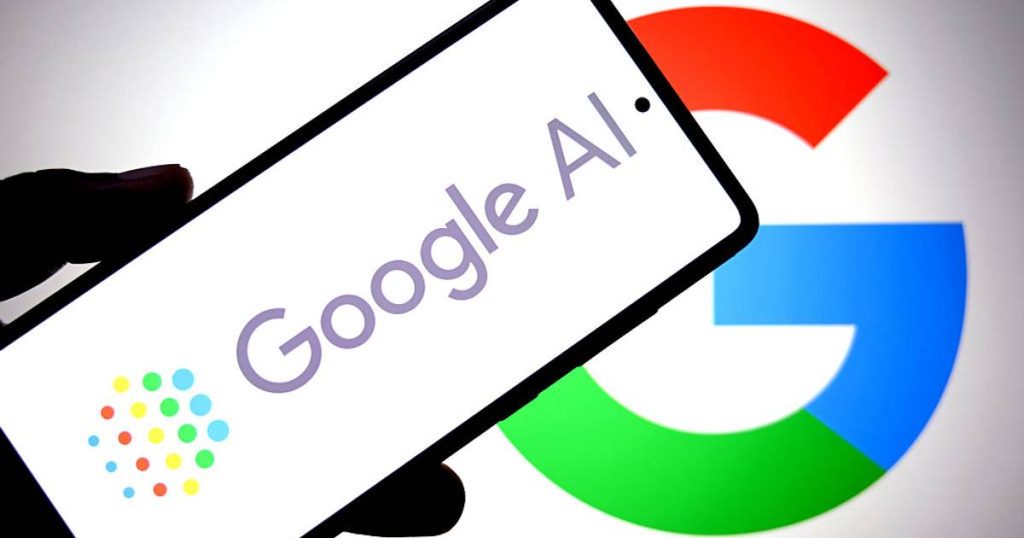When Penske Media, the owner of Rolling Stone, Billboard, and Variety, sues Google, people pay attention. Their lawsuit argues that Google’s “AI Overviews” are cannibalizing traffic by summarizing journalism at the top of search results, so readers no longer click through to the actual articles. If that’s happening to a conglomerate that reaches over 120 million visitors a month, imagine what it’s doing — or will soon do — to Black-owned websites that depend on every single visitor to stay alive.
AI as the New Middleman
Google dominates search with nearly 90% of the U.S. market. Its AI summaries are now the first thing users see. That means a Black website might break a powerful story — on politics, culture, or community — only for Google’s AI to repackage the information in two neat sentences. Readers get the gist without ever clicking. And clicks are everything.
For Penske, this is a serious revenue hit: the lawsuit claims affiliate traffic is down by a third, with 20% of its search results already showing AI Overviews. But Penske has lawyers, investors, and brand recognition. Black-owned sites like The Grio, Blavity, Okayplayer, AfroTech, and countless local newsrooms don’t have that cushion. A drop in traffic could mean layoffs, reduced coverage, or shutting down entirely.
Why Black Media Gets Hit Harder
This isn’t just about technology. It’s about inequality being baked into the next era of media.
And let’s be real: mainstream outlets already profit from appropriating Black culture, language, and stories. Now AI may automate that process, stripping context while ignoring the journalists and communities behind the work.
The Two-Tier System in Action
AI licensing deals are already happening. OpenAI has struck agreements with News Corp, The Atlantic, The Financial Times. Google has been slower, but it has no incentive to negotiate fairly because of its search monopoly. That leaves Black outlets with the worst of both worlds: their content is scraped to train AI or summarized without compensation, and they don’t get the licensing checks big publishers enjoy.
This creates a dangerous two-tier system where white-led, legacy institutions profit from AI partnerships, while Black-owned media is exploited but unpaid. It’s the same structural inequity we’ve seen for decades, now dressed up in cutting-edge technology.
Beyond Journalism: A Threat to Black Entrepreneurs
It’s not just publishers. Black travel bloggers, beauty influencers, and entrepreneurs who rely on SEO traffic could see their work buried under AI summaries. If a user asks Google for “best Black-owned skincare brands,” and the AI overview spits out answers without linking to Black-owned sites, that’s revenue stripped from businesses trying to grow.
The broader effect? Less visibility for Black creators, fewer opportunities for discovery, and a quieter digital footprint for voices that already struggle to compete against mainstream platforms.
What Needs to Change
There are steps that could level the playing field:
The stakes are high. If Google’s model becomes the norm, smaller outlets may never recover. And because Black media has always been more vulnerable, this could accelerate a new wave of digital erasure.
Google says AI “creates new opportunities for discovery.” But discovery that bypasses the source isn’t discovery at all — it’s exploitation.
If Black publishers don’t push back now, they risk being written out of the internet’s next chapter. And when Black voices disappear from media, the world doesn’t just lose stories. It loses truth, perspective, and cultural memory.
That’s not innovation. That’s erasure.

